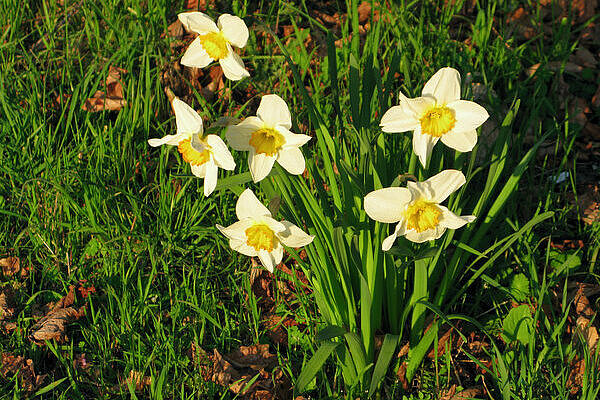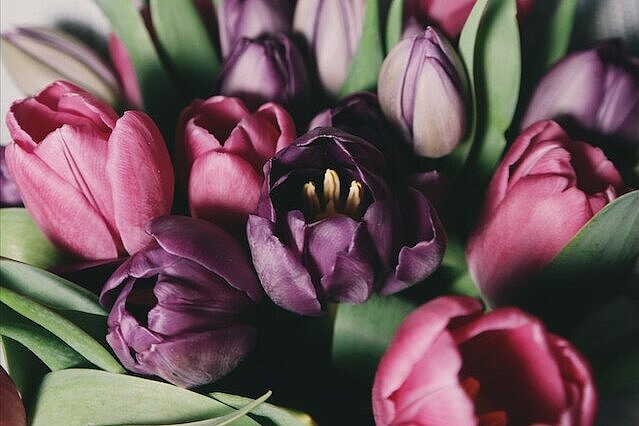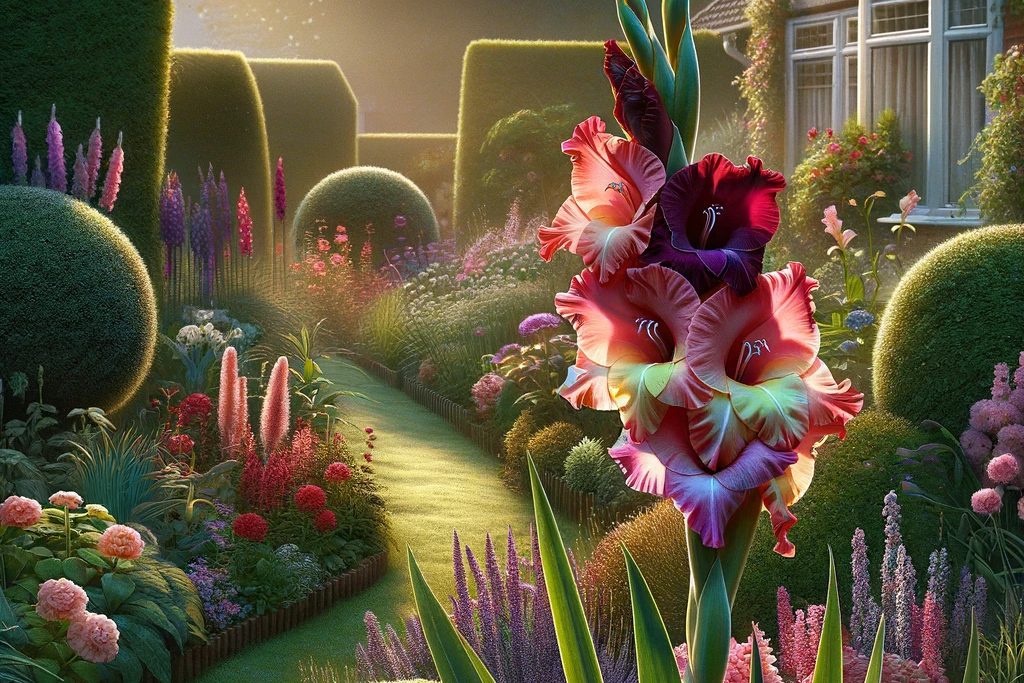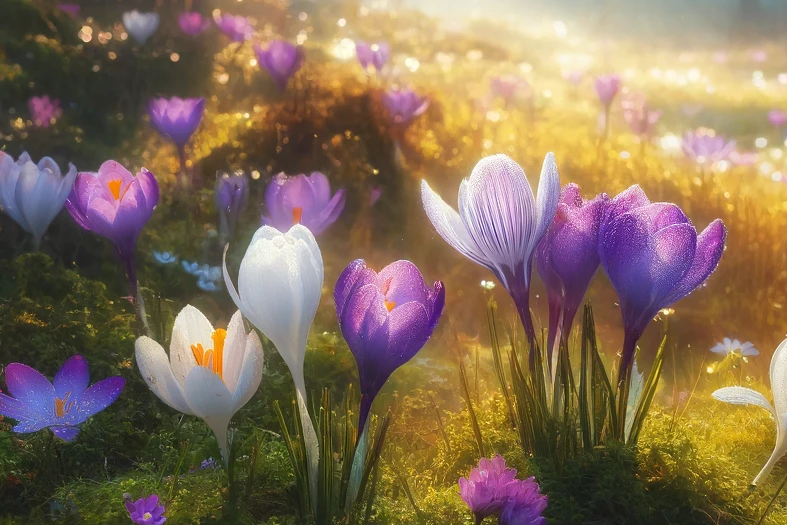Hyacinth
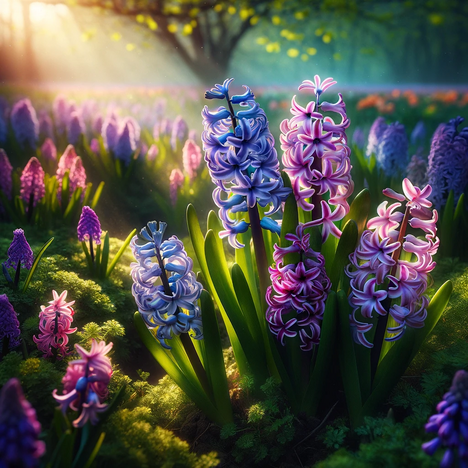
In the world of gardening and ornamental plants, hyacinths are known for their bright colors and beguiling fragrance. While they can be a source of joy and beauty in human households, pet owners, especially dog owners, often have questions about the safety of these plants. This article takes an in-depth look at the hyacinth, examining its characteristics and addressing the potential benefits and drawbacks for dogs.
What is a hyacinth?
The hyacinth (Hyacinthus) is a genus of bulbous flowers belonging to the asparagus family (Asparagaceae). It blooms in spring and is particularly known for its dense inflorescences and intense, sweet aroma. Hyacinths are available in a variety of colors, including blue, purple, pink, white and yellow, and are popular ornamental plants in gardens and as cut flowers.
Botanical characteristics and use
Hyacinths develop from bulbs that are planted in the fall to bloom the following spring. Their inflorescences consist of numerous small, bell-shaped flowers that sit on a dense, upright stem. The plants are valued not only for their aesthetic appeal, but also for their use in aromatherapy due to their strong fragrance.
Advantages of hyacinth: aesthetics and aroma
Beautification of the living space
Hyacinths bring color and life to gardens and living spaces. Their vibrant colors and pleasant fragrance can help improve well-being and create a welcoming atmosphere.
Aromatherapeutic properties
The scent of hyacinth is used in aromatherapy to promote relaxation and enhance the ambience of a room. Its calming properties can help to reduce stress and tension.
Disadvantages and risks for dogs
Toxicity
Hyacinths are toxic to dogs. The plant contains alkaloids, particularly oxalic acid, which can cause symptoms of poisoning in dogs if eaten. The bulbs of the hyacinth contain the highest concentration of toxins.
Symptoms of poisoning
Symptoms of hyacinth poisoning in dogs can include vomiting, diarrhea, increased salivation, lethargy, and in severe cases even depression and tremors. If poisoning is suspected, a veterinarian should be consulted immediately.
Precautions for dog owners
Dog owners should ensure that hyacinths (both the plants and the bulbs) are out of reach of their pets. Care should be taken when handling the plants to prevent dogs from gaining access and eating potentially poisonous parts.
Enjoy beauty with caution
While hyacinths can undoubtedly be an asset to any garden or living space, it is essential for dog owners to recognize the potential risks they pose to their four-legged friends. The toxicity of hyacinth can cause serious health problems for dogs, meaning that these plants should be handled with great care. Dog owners should be aware of the dangers and take appropriate measures to ensure their dogs stay safe and healthy. By keeping hyacinths and other potentially poisonous plants out of reach of pets, you can enjoy the beauty of hyacinth without jeopardizing the health and safety of your furry family members.
If you notice any signs of hypersensitivity or poisoning in your dog, you should see your vet immediately. We are not a substitute for a vet, but we try to be as accurate as possible. Every dog reacts differently and we recommend you get a second opinion or consult your vet if in doubt.
Stay healthy and take good care of your four-legged friend!😊
Similar to Hyacinth
Daffodils contain various alkaloids that can be poisonous to dogs. These substances are mainly found in the bulbs, but also in the leaves, stems and flowers of the plant. If they are eaten or...
Tulips are a genus of plants from the lily family, which includes around 150 different species and various hybrids. They originate from Europe, Central Asia and North Africa and are now cultivated...
Gladioli (Gladiolus spp.) are attractive flowering plants that are appreciated for their long inflorescences and variety of colors. Originally from Africa, Asia and the Mediterranean region, they...
Crocuses are small, perennial plants in the iris family (Iridaceae) that are known for their bright flowers that appear in a variety of colors, including purple, yellow and white. They bloom mainly...
